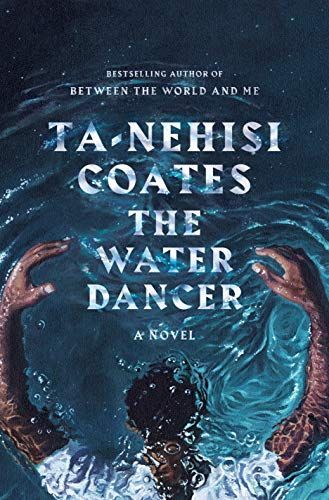Reviews
rachel@r4chll
Nik ✨@nixter
Chris Dailey@cris_dali
Hannah Swithinbank@hannahswiv
Abhimat Gautam@abhimat
altlovesbooks@altlovesbooks
Amb@ambortly
Claire Cantlon@xoclairebear34
Stefanie Uwah@popcornreading
Cheri McElroy@cherimac
Rebeca Keren Nuñez@rebecanunez
Fraser Simons@frasersimons
Jennifer Dieter@jdeets03
Charlie de Zeeuw@charlie_de_zeeuw
Rebeca Keren Nuñez@rebecanunez
Cindy@cindypepper
Daryl Houston@dllh
Sameer Vasta@vasta
Matthew Xu@mfx
Deailova El@deailova
aywen@aywen
Lydia Enge@lydianliterature
Maddie@maddie
jillian tenner@jilliantenner
Highlights
Jack Sinclair@jacksinclair
Page 100
